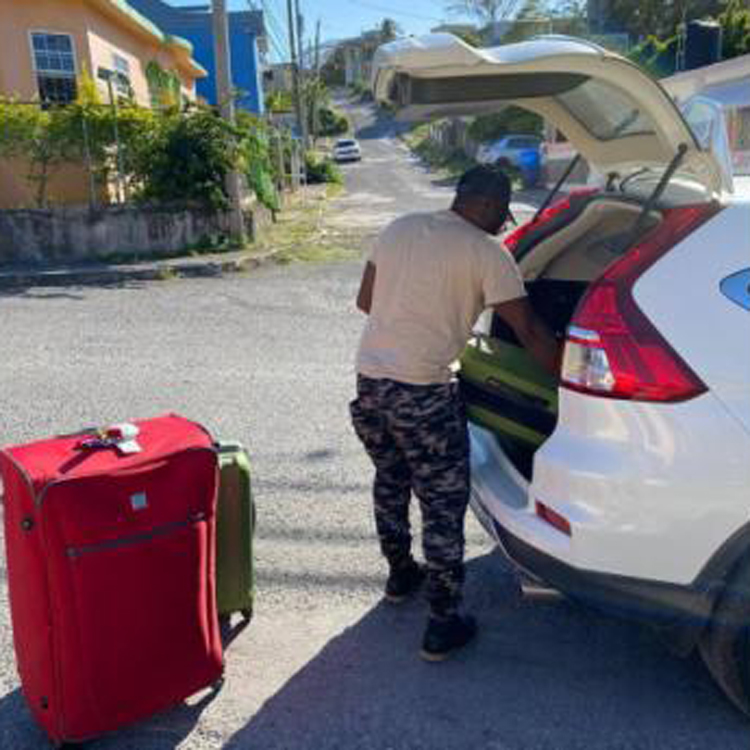(Jamaica Gleaner) Scores of Jamaicans who are on an overseas work programme were forced to leave behind the goods and appliances they were stockpiling to take back home as they were informed at very short notice that they had just hours to leave the United States if they wanted to get home for Saturday’s midnight closure of all borders to incoming passengers.
Prime Minister Andrew Holness said last Friday that the Government would disallow travellers from landing here after 11:59 p.m. on Saturday in an attempt to curb imported cases of COVID-19. Up to last Friday, 14 of the 19 infections were tracked to inbound travellers. One man has died.
Late Saturday night, he announced exemptions that would have a March 24 deadline.
“We were told to start making preparations to leave next Wednesday, but on Friday night, approximately 9 p.m., we were told that unless we wanted to be trapped in the US until at least May 4, we would have to be ready to leave for the airport by 6 a.m.,” said Dennis Grey, a Montego Bay resident who arrived at Sangster International Airport on a flight from Florida shortly after 2 p.m. on Saturday.
“It was almost a panic situation when we got the news,” said Grey, who was one of 104 Jamaicans who worked at the same Florida hotel who returned home on Saturday.
“There was not enough time to pack barrels and call in the shipping company to ship out foodstuff, clothing, and electronic items that would normally be shipped home … . Many items had to be just left behind and count as a loss.”
According to Grey, last Friday was payday for the workers on the programme, and many had done extensive shopping in preparation to return home next week – their original plan.
“Many persons went shopping for things for their families and friends … . Items like food, electronics, and clothing,” said Grey. “Many of the things had to be left behind because there was not enough time to arrange to have them shipped out.”
Another member of the overseas work programme who asked not to be identified said that after undergoing heavy screening in the US, she was disappointed with what she said was a lack of vetting at Sangster.
“I saw nobody doing any temperature checks or seeking to determine our recent travel history or any of the protocol we were told to expect,” she said.
Jamaica’s two main international airports, however, are equipped with high-tech temperature scanners, which are not as immediately obvious as hand-held monitors being used at some airports globally.
The recent returnee expressed delight to be home with her family – even without any income.
“To be honest, I would be happier if I was out there working and making some money, but it is what it is. At the end of the day, no weh nuh better than yard,” she said.
For Grey, the idea of being trapped in the US was not on the cards, and he didn’t think twice about packing what he could and heading home.
“If I had stayed, I would be out of a job, and I would still have to be paying rent. I would also be there worrying about my family, and they would be here worrying about me,” Grey told The Gleaner. “Under the circumstance, I am happy … . Whatever is to come, I am here to face it with my family.”

